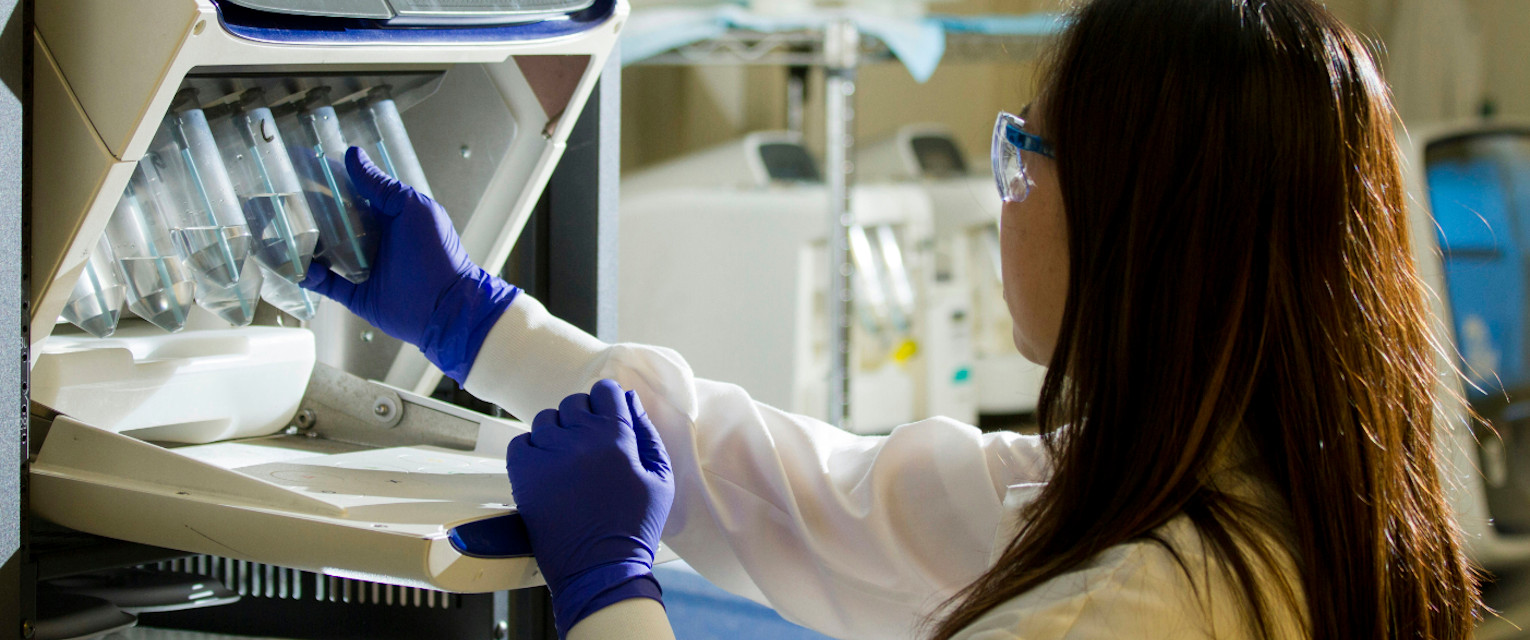We have access to a wealth of data with much opportunity to work with this data. If you have an interest in working with SCAMP data please read the following information about access, authorship, regulation of responsibilities, and the application process.
Governance of access: Applications for data/biosample access will be reviewed, prioritised and approved by the SCAMP Study Access Committee (comprising study investigators, independent academic advisors and a lay-member representing study participants), according to whether the proposed research is consistent with participant consents, for the general good, has appropriate ethical and regulatory approval, is scientifically valid and worthwhile, achievable, does not compromise the primary research or long-term value of the resource, has sufficient funding and does not entail a risk to the security of participants’ data. Because biosamples are a depletable resource, investigators will need to demonstrate that they are adding value with any proposed analyses and that any unused biosample material is returned to SCAMP. All material will be provided to researchers in anonymised form.
New data/biosamples will be available to the wider research community 12 months after the completion of a given collection phase, to allow data cleaning, biosample curation and primary research deliverables to be prioritised. Restrictions on data-sharing exists where a data-sharing agreement (DSA) with a third-party restricts the use that may be made of data supplied to us. For example, access to health outcomes supplied by NHS Digital; education data provided by National Pupil Database. Use of these data would require the applicant to obtain approval from the supplying body.
There are no constraints on data or biosamples being made available to research community, beyond the governance arrangements described above. New data and material generated by external researchers should be returned to the study within nine months. External researchers have the same rights of access as those working directly with the cohort.
Regulation of responsibilities of users: Internal users sign a Confidentiality Agreement. External users working for third-party institutions are bound by their own Information Governance policy, and the institution itself must sign a Data Sharing/ Data Transfer Agreement. External users may require additional ethical approval. Any research publications or other outputs based on the transferred data must be reported to the SCAMP study.
Authorship: The SCAMP PI, and any other member(s) of the SCAMP team who have substantially contributed to the dataset or analysis being used/undertaken, are to be included as co-authors on any publications arising from use of SCAMP data or biosamples.
Data Access Charge: Researchers will be expected to meet any, and all costs for data/biosample access and provision. All researchers accessing SCAMP data or biosamples will be charged on a cost recovery basis. This cost will vary depending on the types of data/biosamples requested. Costs will be determined on a project-by-project basis and will reflect only the true costs to SCAMP of providing the resources requested. Once a proposal has been agreed in principle an accurate costing will be provided.
Application Process: Expressions of interest to access to data or biosamples from the SCAMP resource should be directed to scamp@imperial.ac.uk marked FAO Professor Mireille Toledano (SCAMP PI), in the first instance. This should provide details of lead and co-applicants (title, name, affiliation, email), a project title, and a brief description of the proposed project (no more than 2 sides A4 with up to 10 key references) covering: Background / Research Questions / Methods (including data and/or biological samples required) / Planned outputs / Timescales for completion of the project. Applicants should reference their previous experience in this field or provide a CV demonstrating this.

